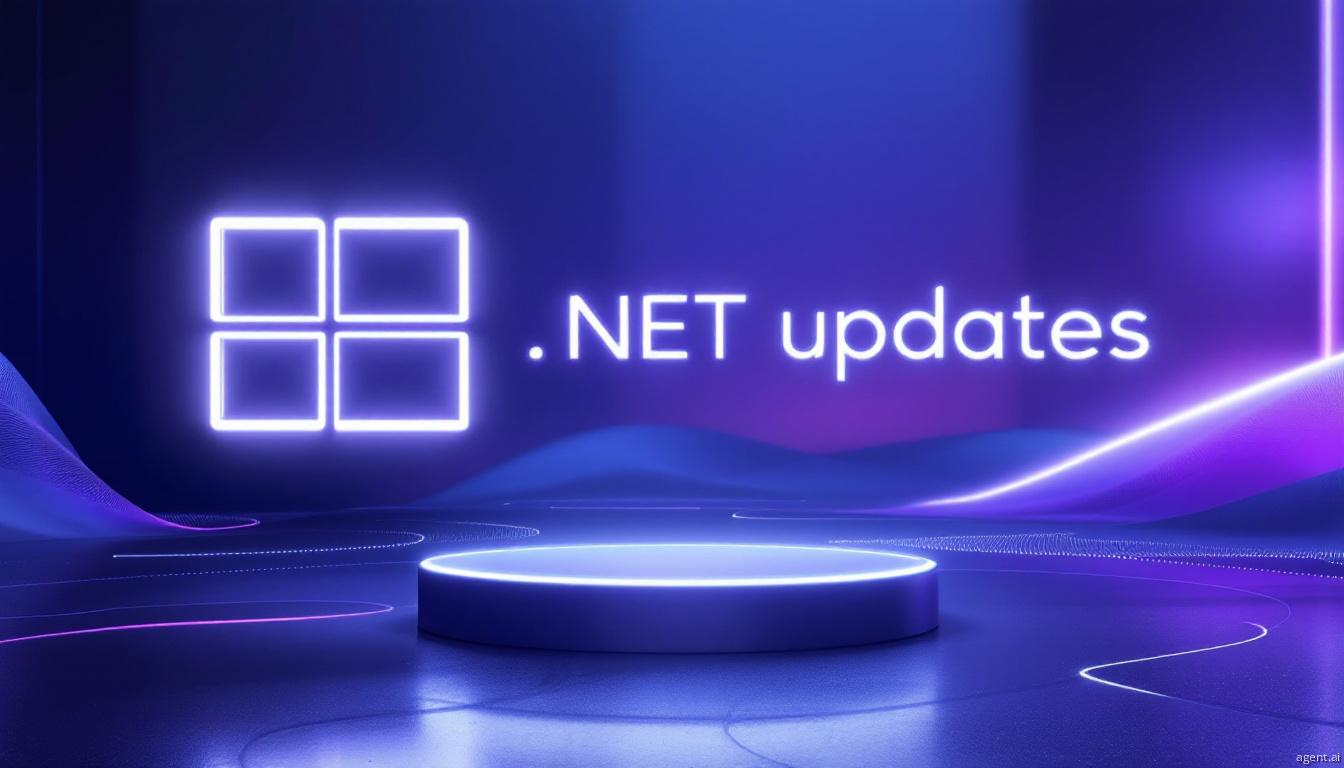Table of Contents
Microsoft Warns Developers About Urgent .NET Installer Domain Changes
Microsoft has issued an urgent warning to .NET developers about critical changes to .NET installer distribution domains, necessitating immediate action to prevent potential service disruptions. The tech giant is preparing to migrate away from certain Azure Content Delivery Network (CDN) domains ending in azureedge.net, which are currently hosted by Edgio, a CDN provider facing bankruptcy.
The specific domains affected are dotnetcli.azureedge.net and dotnetbuilds.azureedge.net, which are expected to be permanently retired in the first few months of 2025. This change could potentially break functionality for developers, organizations using GitHub Actions, Azure DevOps, Docker, and various scripts that currently reference these domains.
Microsoft recommends that potentially impacted developers take immediate steps to mitigate potential disruptions. This includes searching through source code, install scripts, Dockerfiles, and other files for instances of azureedge.net and replacing them with the new domain builds.dotnet.microsoft.com.
The company has already begun implementing mitigation strategies, including updating GitHub Actions and preparing updates for Azure DevOps tasks. Developers should ensure they are using the latest versions of installation tools and carefully check their existing infrastructure for potential conflicts.
Organizations will need to update their configurations, potentially modify firewall rules, and verify that their development and deployment pipelines can access the new CDN domains. The new official builds will be hosted at builds.dotnet.microsoft.com, with CI builds available at ci.dot.net.
Microsoft acknowledges the inconvenience of making such significant changes during a holiday period and has emphasized the critical nature of these updates. Developers are advised to carefully review their existing .NET installation processes and update accordingly to prevent potential service interruptions.
Those experiencing issues or seeking more information can follow the ongoing discussion on the dedicated GitHub issue tracker or contact Microsoft directly through the provided channels.
Found this article interesting? Keep visit thesecmaster.com, and our social media page on Facebook, LinkedIn, Twitter, Telegram, Tumblr, Medium, and Instagram and subscribe to receive tips like this.
You may also like these articles: Here are the 5 most contextually relevant blog posts:
Anthony Denis
Anthony Denis a Security News Reporter with a Bachelor's in Business Computer Application. Drawing from a decade of digital media marketing experience and two years of freelance writing, he brings technical expertise to cybersecurity journalism. His background in IT, content creation, and social media management enables him to deliver complex security topics with clarity and insight.
